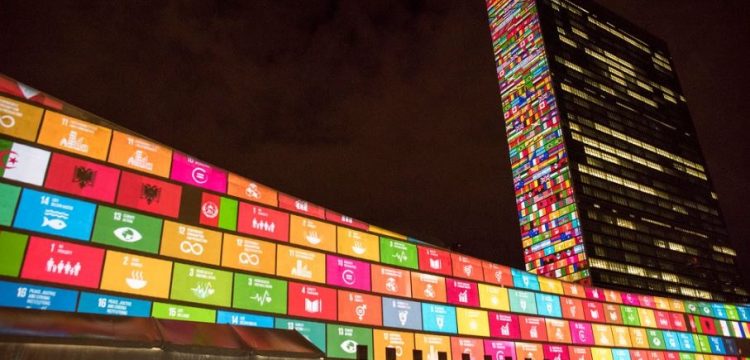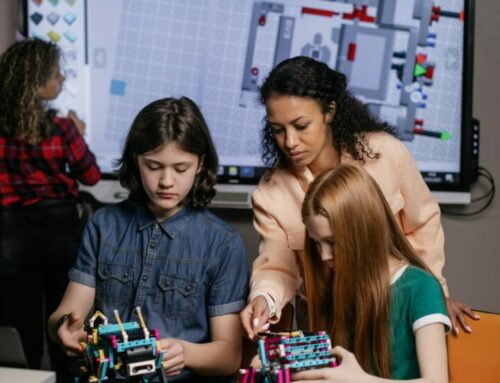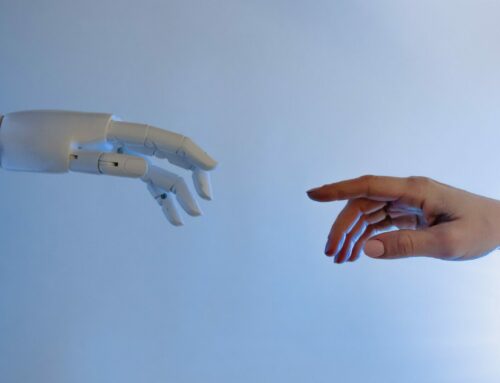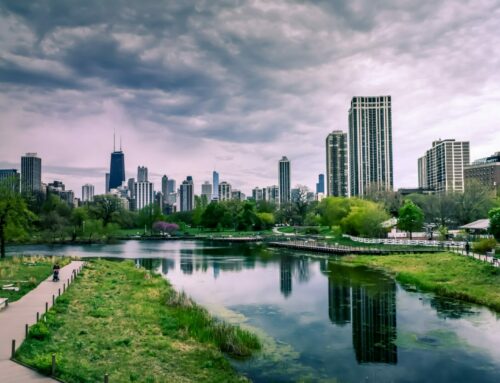Higher education’s key role in sustainable development
Patrick Blessinger, Enakshi Sengupta and Mandla Makhanya
St John’s University, New York City, USA, American University of Kurdistan, and University of South Africa
The United Nations defines sustainable development as “…development that meets the needs of the present without compromising the ability of future generations to meet their own needs”.
As such, sustainable development not only deals with environmental issues, but economic, social and cultural issues as well. Given the increased demands placed on societies and the environment due to, among other factors, increased human migration, increased urbanisation and industrialisation as well as the ongoing depletion of non-renewable resources, it is clear that global action is needed to create a more sustainable future.
Given its primary role as knowledge producer, higher education can serve as a powerful means to help create a more sustainable future. Thus, the concept of ‘education for sustainable development’ has become, in recent years, one of the core educational initiatives to help address many of the problems associated with human development.
Indeed, higher education’s role in creating a sustainable future will presumably take on a greater importance as the world continues to become increasingly globalised and interdependent.
Access and sustainable development
According to UNESCO, education for sustainable development“empowers people to change the way they think and work towards a sustainable future”. It therefore involves making access to good-quality education available at every stage of life.
More specifically, it involves educating students on the necessity of sustainable development by integrating sustainable development issues into all aspects of teaching, research and service.
This means reorienting the education system at all levels to help people think and behave in ways that foster a more sustainable planet (for example, global citizenship, recycling, climate change, biodiversity, renewable energy and social responsibility).
In practice, it means equipping students with the requisite knowledge, skills, attitudes and values to create a sustainable future. To that end, students should cultivate critical and creative thinking skills, engage in authentic interdisciplinary learning activities and develop a value system that emphasises responsibility to self, others and the planet.
Thus, education for sustainable development and the UN Sustainable Development Goals (SDGs) go hand in hand. Indeed, an increasing number of universities are offering degree and certificate programmes in sustainable development.
Global problems require global action
In the current era, we face huge global problems (for example, the refugee crisis, global climate change, extreme poverty and illiteracy) and, presumably, these problems are best addressed through universal education and international cooperation.
Higher education not only has a role to play in that effort but it also has the capacity to play a leading role. These issues, and the factors driving these issues, have been discussed in previous University World News articles.
With a target date of 2030, the UN, through their SDG initiative, has set 17 broad and interdependent goals that are necessary for creating a sustainable future on our planet. The SDG initiative is a concerted universal agenda by the 193 member states of the UN and the global civil society and it represents a strategic framework and a bold normative vision of the future.
As a knowledge producer, the core mission of higher education cuts across all learning domains. Thus, higher education has a unique role to play in helping to achieve the SDGs. More specifically, Goal Four deals directly with education – its goal is to “ensure inclusive and equitable quality education and promote lifelong learning opportunities for all”.
Since it is through good-quality education and lifelong learning that people are equipped with the requisite knowledge and skills needed to address a sustainable future, education becomes paramount in achieving all the SDGs.
In addition, higher education institutions can participate in the UN Higher Education Sustainability Initiative and the United Nations University provides many examples of sustainability in action.
Higher education institutions have a critical role to play in implementing and driving sustainable development initiatives through their institutional policies and practices. One of the key questions to be addressed is: what can higher education leaders, faculty and students do to implement sustainable development in their institutional vision, mission and values statements, their strategic plans and their organisational culture?
Addressing SDG Goal Four
Inclusion is broadly defined by UNESCO as “…a process of addressing and responding to the diversity of needs of all children, youth and adults through increasing participation in learning, cultures and communities and reducing and eliminating exclusion within and from education”.
Equity is broadly defined as the fairness principle that every individual is entitled to just opportunity to access and participate in education. Equity therefore entails understanding student learning needs in order to mitigate obstacles to achieving student academic success.
Since good practices start with good research, to help address inclusive and equitable quality education, the International Higher Education Teaching and Learning Association (HETL) has launched a book series titled International Perspectives on Equity and Inclusion.
In this forthcoming series, educational scholars from around the world address four key issues in higher education, each of which has been developed into its own volume:
- Diversity and Gender Identities
- Diverse Student Identities
- Strategies for Fostering Inclusive Classrooms, and
- Strategies for Facilitating Inclusive Campuses.
Lifelong learning is broadly defined to include all forms of learning (formal, non-formal, informal) that is undertaken throughout the course of one’s life in order to acquire or improve one’s knowledge, skills, competencies and values.
To help address lifelong learning opportunities for all, HETL has launched a book series titled Refugee Education. In this forthcoming series, educational scholars from around the world address three key issues in higher education relative to the refugee crisis, each of which has been developed into its own volume:
- Integration and Acceptance of Refugees in Mainstream Society
- Policies and Directions for Refugee Education, and
- Language Teaching and Pedagogy.
These peer-reviewed volumes include case studies and other empirical research from which to draw real-world exemplars as well as theoretical models and frameworks that illustrate why inclusion, equity and lifelong learning have become a necessity in the modern era and how these issues are being implemented across the globe.
Meeting challenges and mitigating barriers
As noted by Taya Louise Owens: “It is important to note that sustainable development works as an organising principle because it recognises that complex natural and social systems are interconnected.”
So, creating a sustainable future is much more than just creating green campuses or implementing recycling efforts or global citizenship initiatives. It may also involve implementing more blended learning programmes, creating more university partnerships involving sustainable development as well as integrating sustainable development issues and initiatives into the curriculum across all disciplines at all levels.
Patrick Blessinger is an adjunct associate professor of education at St John’s University, New York City, USA, and chief research scientist for the International Higher Education Teaching and Learning Association (HETL). Enakshi Sengupta is dean of the College of Business at the American University of Kurdistan. Mandla Makhanya is principal, vice-chancellor and professor at the University of South Africa.
Suggested Citation:
Blessinger, P., Sengupta. E., and Makhanya, M. (2018). Higher education’s key role in sustainable development, University World News, http://www.universityworldnews.com/article.php?story=20180905082834986
Or
Blessinger, P., Sengupta. E., and Makhanya, M. (2018) Higher education’s key role in sustainable development, Higher Education Tomorrow, Volume 5, Article 7, https://www.patrickblessinger.com/higher-educations-key-role-in-sustainable-development
Copyright © [2018] Patrick Blessinger, Enakshi Sengupta, and Mandla Makhanya
Disclaimer
Opinions expressed in this article are those of the author, and as such do not necessarily represent the position(s) of other professionals or any institution.




